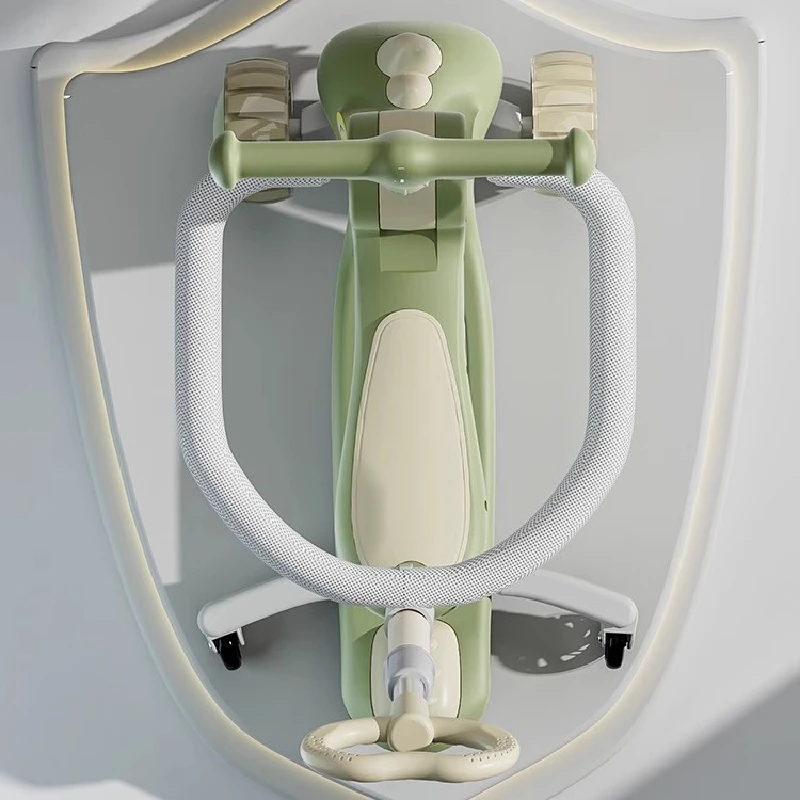Electric Scooters and Bicycles Which is the Better Urban Commuting Option
Electric Scooter vs. Bicycle A Comparative Analysis
In urban environments, especially where traffic congestion and environmental concerns are prevalent, electric scooters and bicycles have emerged as popular modes of transportation. Both have unique advantages and disadvantages that cater to different types of riders and purposes. In this article, we will delve into a comparison of electric scooters and bicycles, considering aspects such as convenience, cost, environmental impact, and overall experience.
Convenience and Speed
When it comes to convenience, electric scooters often have the upper hand. They are effortless to ride and require minimal physical exertion, making them suitable for individuals who may not be able or willing to pedal a bicycle. With a simple throttle mechanism, riders can achieve speeds of up to 15-20 mph with ease. This makes electric scooters particularly appealing for short commutes, as they can cover distances quickly without the need for physical effort.
On the other hand, traditional bicycles offer their own level of convenience. With no need for charging, riders can easily hop on and go without worrying about battery life. Bicycles are also more versatile for longer trips and can handle diverse terrains better than most electric scooters. However, they do require physical effort, which may be seen as a downside for those looking for a more leisurely experience.
Cost Considerations
When evaluating costs, bicycles generally have a lower initial purchase price compared to electric scooters. A decent bicycle can be purchased for a few hundred dollars, whereas electric scooters often start in the range of $300 and can go up to several thousand for high-end models. Additionally, while bicycles have minimal ongoing costs (mainly maintenance), electric scooters require charging, which adds to the long-term expense. Replacement parts, such as batteries, can also be costly.
electric scooter vs bicycle

However, many cities now offer bike-sharing and scooter-sharing programs, providing a cost-effective solution for individuals who do not want the burden of ownership. These services allow users to pay for only the rides they take, making both forms of transport accessible without the long-term financial commitment.
Environmental Impact
From an environmental perspective, both electric scooters and bicycles are far more sustainable than cars. Bicycles produce zero emissions during operation, making them the most eco-friendly choice. Electric scooters, although they require electricity, can still have a lower carbon footprint than traditional vehicles when charged from renewable energy sources. However, the production and disposal of batteries raise concerns about environmental sustainability.
Overall Experience
In terms of riding experience, bicycles offer a connection with the environment and can provide an excellent workout, promoting physical health. They also have a variety of styles and models, whether for commuting, mountain biking, or leisure. Conversely, electric scooters provide a fun, modern, and agile experience that appeals to tech-savvy users, especially younger generations.
Ultimately, the choice between an electric scooter and a bicycle comes down to personal preference, intended use, and lifestyle. For those seeking an easy and quick commute, an electric scooter is often the better choice. For individuals who value fitness and enjoy the ride, a bicycle is likely the way to go. Whichever option is chosen, both contribute positively to reducing urban congestion and promoting greener transportation methods.
-
Understanding Voltage in Battery for Children's Motorized CarNewsJun.05,2025
-
Safety Features to Look for in an Electric Car for KidsNewsJun.05,2025
-
How to Teach Your Child to Ride a Kids MotorcycleNewsJun.05,2025
-
How to Prevent Falls on a Balanced ScooterNewsJun.05,2025
-
How to Maintain Your 3 Wheeled Scooter for LongevityNewsJun.05,2025
-
Best Motorcycle Scooters for Urban CommutingNewsJun.05,2025
